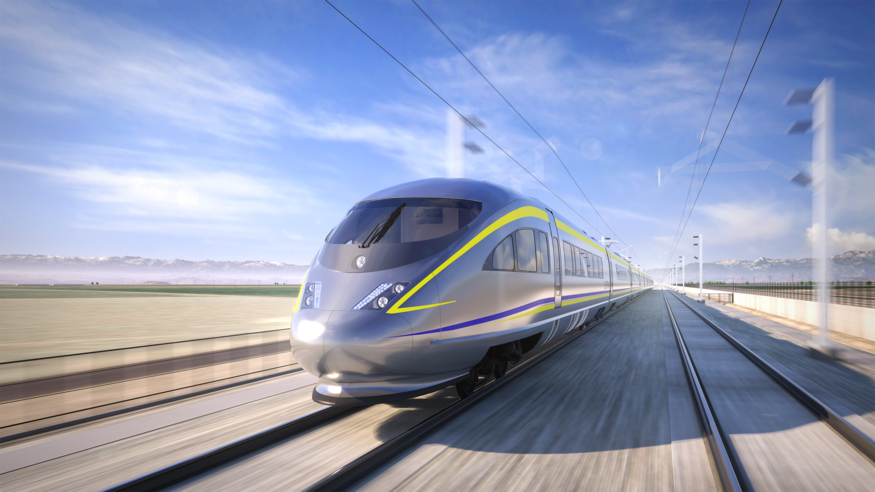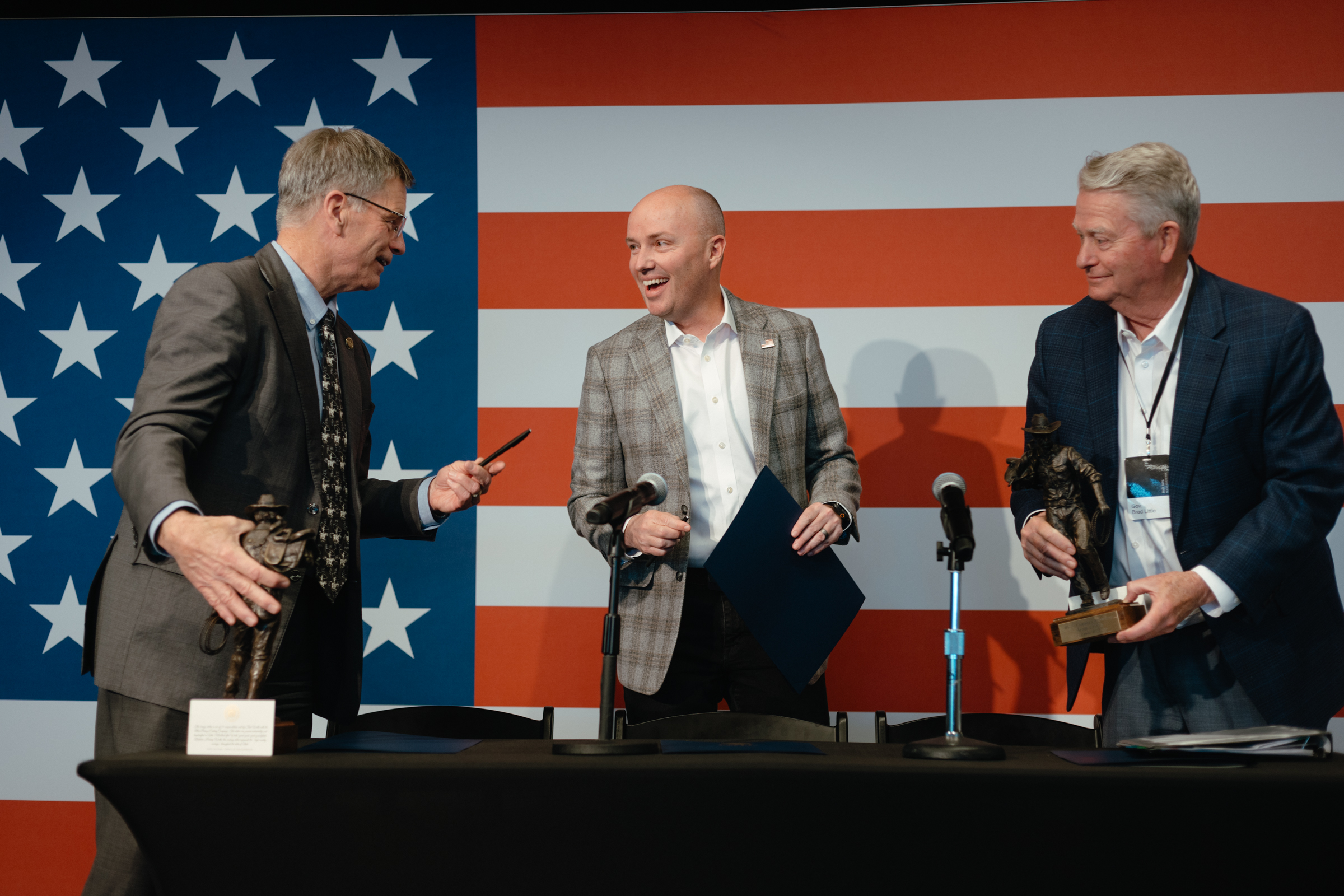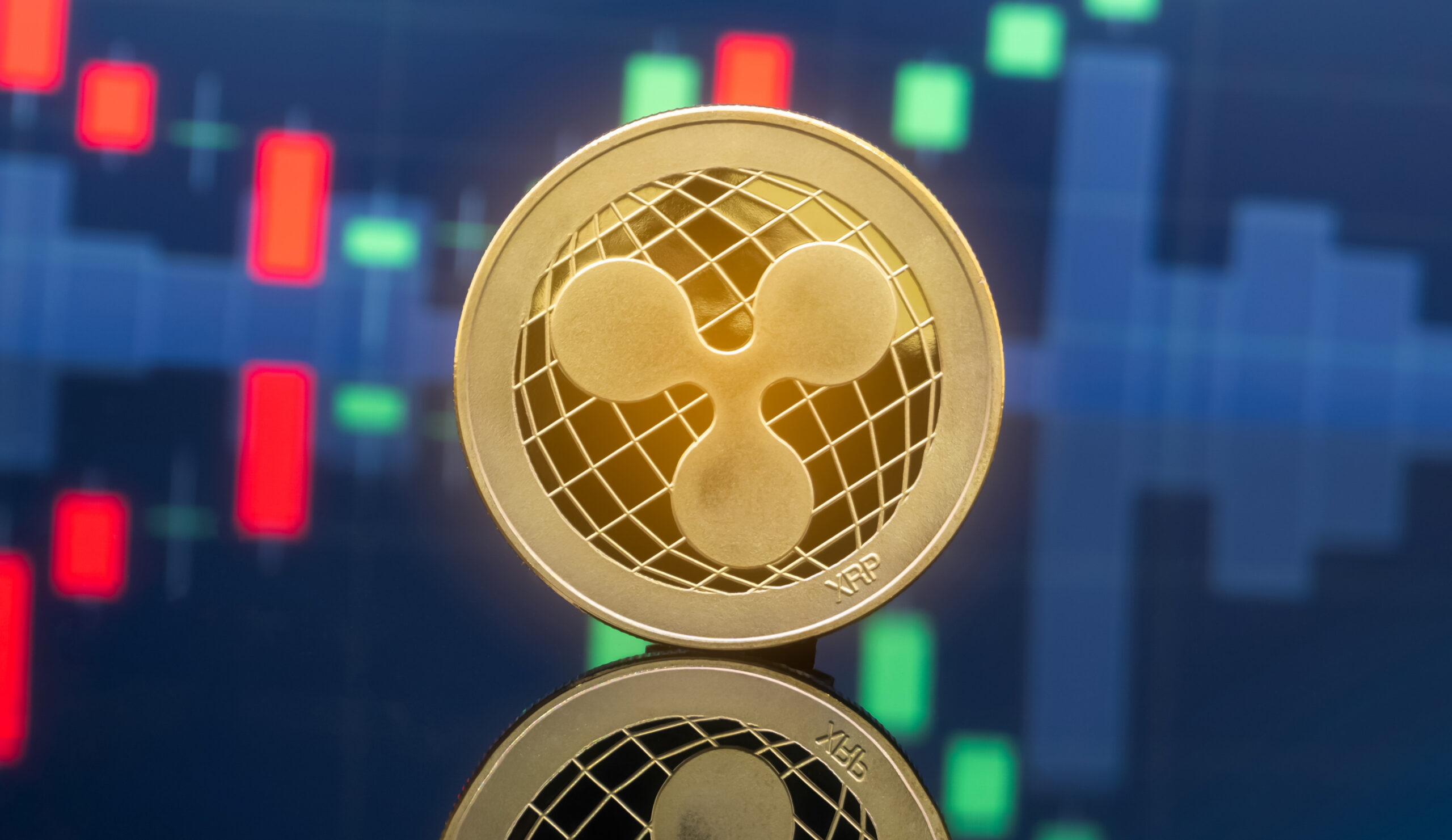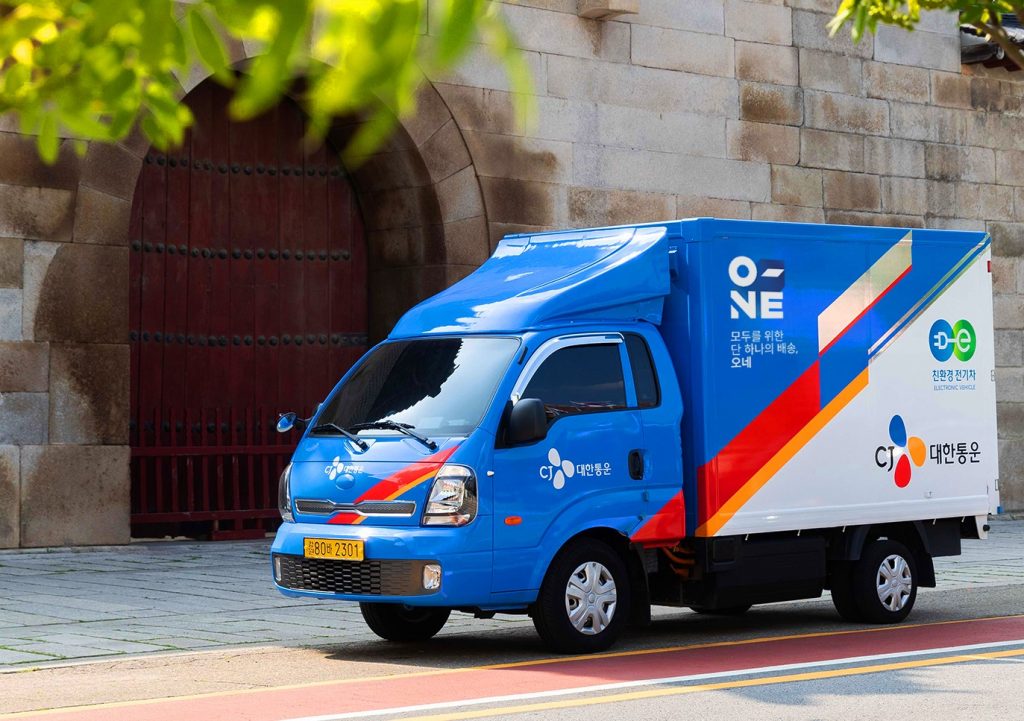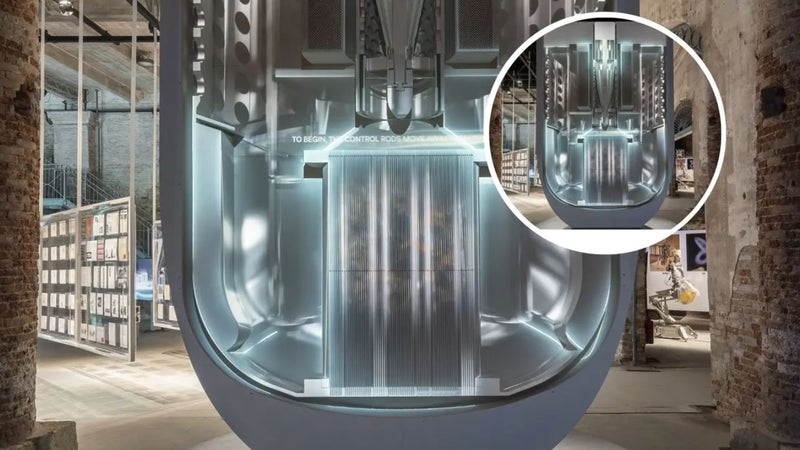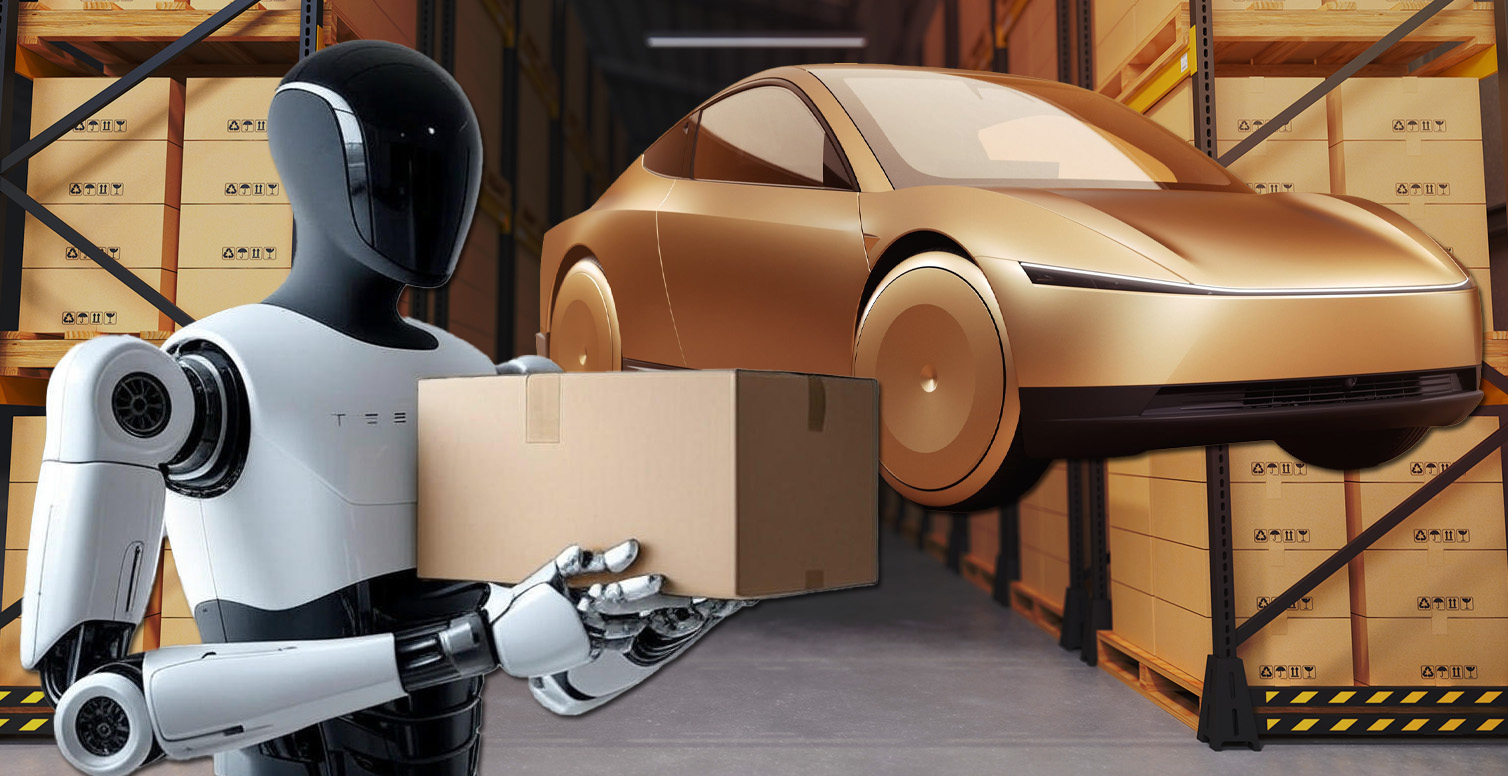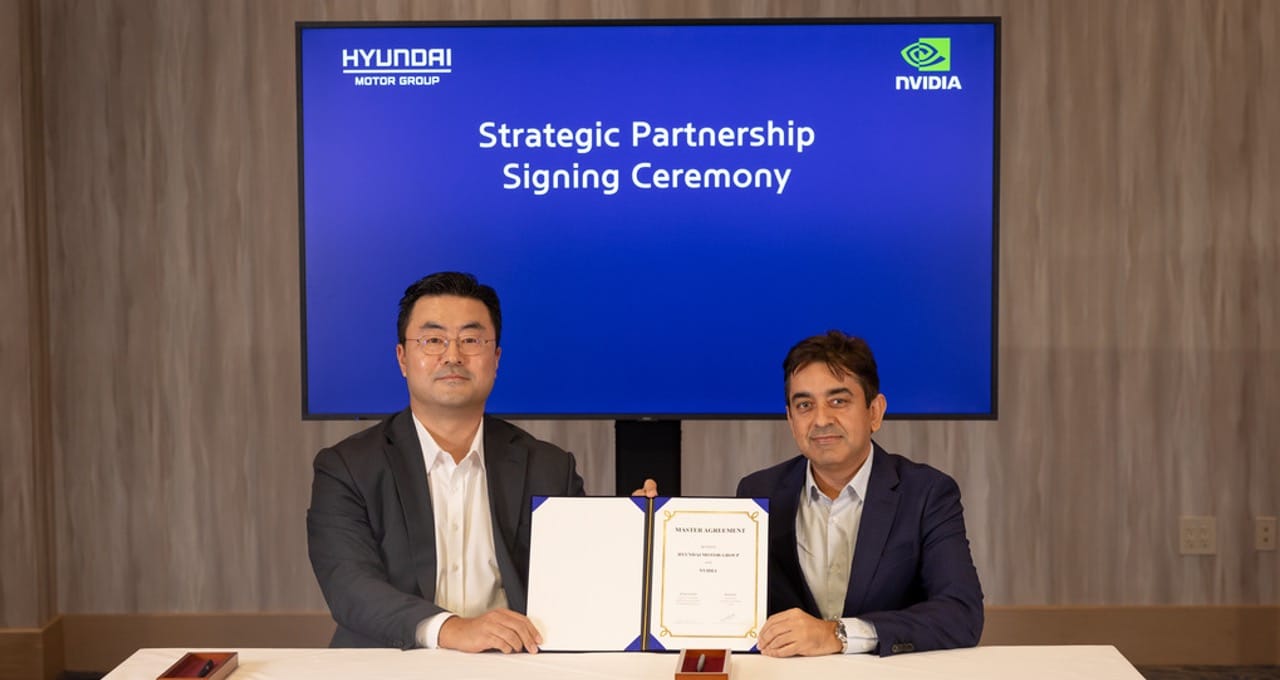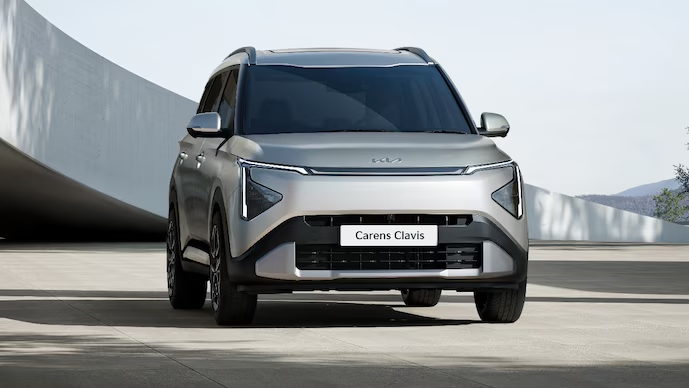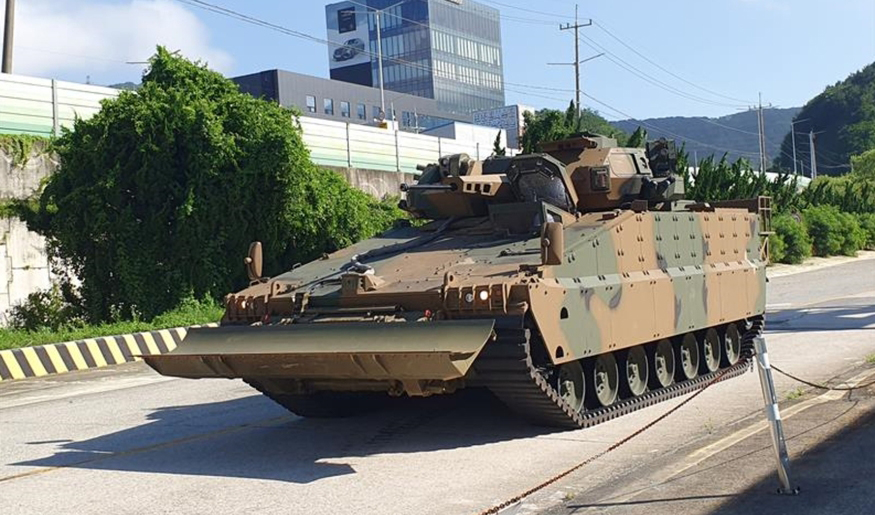
Hyundai Motor Group Chairman Chung Euisun’s bold investments and strategic decisions in future mobility are paying off in Germany, a key global automotive market. Hyundai and Kia have significantly increased their sales in Germany’s pure electric vehicle (BEV) market, leaping into the ‘Big 3’ and successfully challenging the longstanding dominance of Volkswagen and BMW.
According to a May 14 announcement by Germany’s Federal Motor Transport Authority (KBA), Hyundai and Kia sold a combined 9,923 BEVs in Germany over the past three months (February to April), securing third place among all brands. This represents an 8.1% market share, up 2 percentage points from the 6.1% share recorded in the previous three-month period (November 2023 to January 2024). Compared to their fifth-place ranking among automakers last summer (June to August), this marks a notable surge.
This growth stems from Chairman Chung’s unwavering commitment to transforming Hyundai Motor Group from a traditional automaker into a future mobility leader, with heavy investments in autonomous driving, electric vehicles (EVs), and hydrogen fuel cell vehicles, alongside ventures into robotics and urban air mobility (UAM).
Notably, the Kia EV6 and Hyundai Inster (sold as the Casper Electric in Korea) have driven the brands’ strong performance in Germany. The EV6 sold 2,315 units, while the Inster sold 2,263 units. These models have gained traction among German consumers thanks to their competitive pricing and advanced technology. The German government’s decision last September to sharply reduce EV subsidies—eliminating them entirely for high-end models—boosted demand for affordable EVs like the Inster, further propelling Hyundai and Kia’s sales.
Currently, Volkswagen Group leads the German EV market with 58,060 units sold and a commanding 47.4% share, followed by BMW Group with 14,298 units and an 11.7% share. However, as Hyundai and Kia close the gap in third place, industry analysts suggest the brands—with their diverse EV lineup spanning budget-friendly to midsize SUVs—could emerge as the true key rival behind Volkswagen.
Since taking office, Chairman Chung has prioritized electrification as a core strategy to adapt to the rapidly evolving auto industry. The success in Germany serves as tangible proof of this strategy’s effectiveness. Hyundai and Kia’s rise to the ‘Top 3’ in Germany, a traditional automotive powerhouse, is expected to strengthen their position in the global EV market moving forward.


